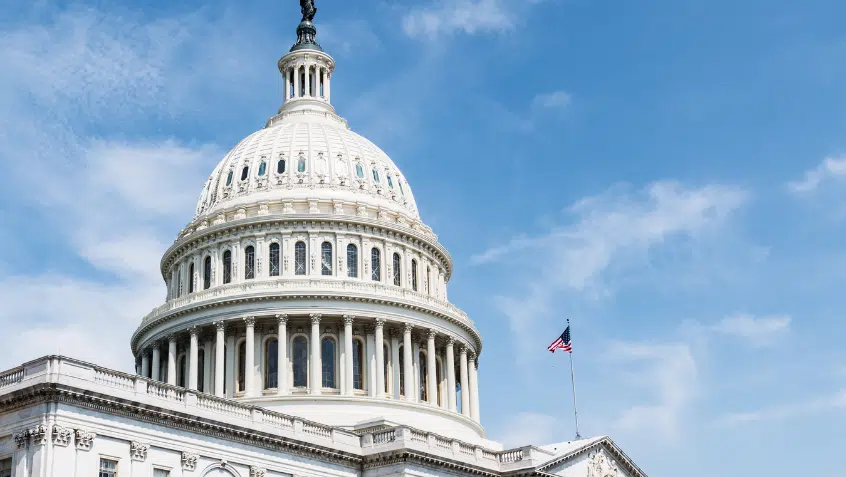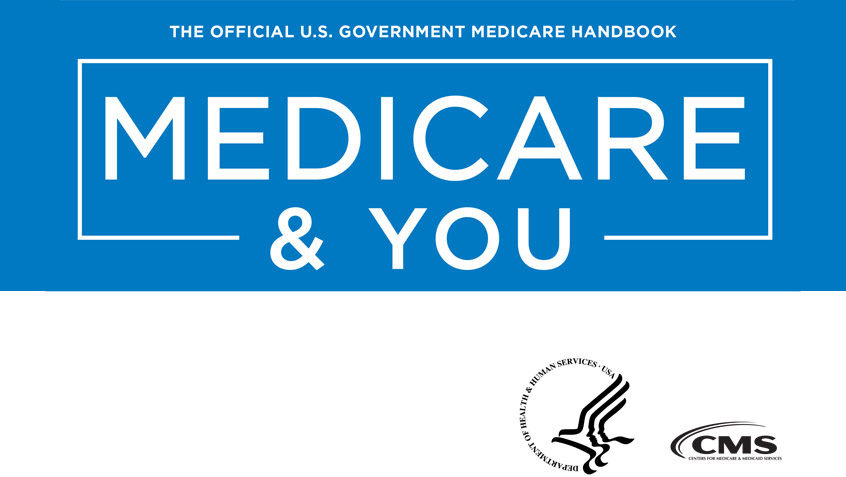
Pfizer COVID-19 Vaccine Boosters Covered by Medicare with No Cost-Sharing
The Centers for Medicare & Medicaid Services (CMS) recently announced Medicare will cover booster doses of the Pfizer COVID-19 vaccine without any
Join Us Live for a Discussion on Medicare, Democracy, and the Future of Health Care
Medicare Watch articles are featured in Medicare Rights’ weekly newsletter, which helps readers stay updated on Medicare policy and advocacy developments and learn about changes in Medicare benefits and rules. Subscribe now by visiting www.medicarerights.org/newsletters.

The Centers for Medicare & Medicaid Services (CMS) recently announced Medicare will cover booster doses of the Pfizer COVID-19 vaccine without any

Some policymakers support “means testing” or “income relating” Medicare—making higher-income people pay more or get less—by raising premiums or cutting

Recent reports from the Kaiser Family Foundation (KFF) and the Center on Budget and Policy Priorities (CBPP) examine how key

This week, Medicare Rights joined with Justice in Aging to create a fact sheet showing how gains in Medicaid home-

Last week, the House Committees with purview over Medicare—Ways & Means and Energy & Commerce—finished marking up their sections of

The Kaiser Family Foundation (KFF) has released a timely exploration of the costs facing people with Medicare for dental, hearing,

On September 9, the U.S. Department of Health and Human Services (HHS) released a report identifying ways to lower prescription

The “Medicare & You” handbook for 2022 is now available and it reflects improvements Medicare Rights and many of our

The Medicare Trustees recently issued their long-awaited 2021 report, finding the program’s financial status largely unchanged by the COVID-19 pandemic.

As Congress works toward a potential deal that might expand access to benefits within Medicare, it is important to step

The Centers for Medicare & Medicaid Services (CMS) recently announced Medicare will cover booster doses of the Pfizer COVID-19 vaccine without any

Some policymakers support “means testing” or “income relating” Medicare—making higher-income people pay more or get less—by raising premiums or cutting

Recent reports from the Kaiser Family Foundation (KFF) and the Center on Budget and Policy Priorities (CBPP) examine how key

This week, Medicare Rights joined with Justice in Aging to create a fact sheet showing how gains in Medicaid home-

Last week, the House Committees with purview over Medicare—Ways & Means and Energy & Commerce—finished marking up their sections of

The Kaiser Family Foundation (KFF) has released a timely exploration of the costs facing people with Medicare for dental, hearing,

On September 9, the U.S. Department of Health and Human Services (HHS) released a report identifying ways to lower prescription

The “Medicare & You” handbook for 2022 is now available and it reflects improvements Medicare Rights and many of our

The Medicare Trustees recently issued their long-awaited 2021 report, finding the program’s financial status largely unchanged by the COVID-19 pandemic.

As Congress works toward a potential deal that might expand access to benefits within Medicare, it is important to step